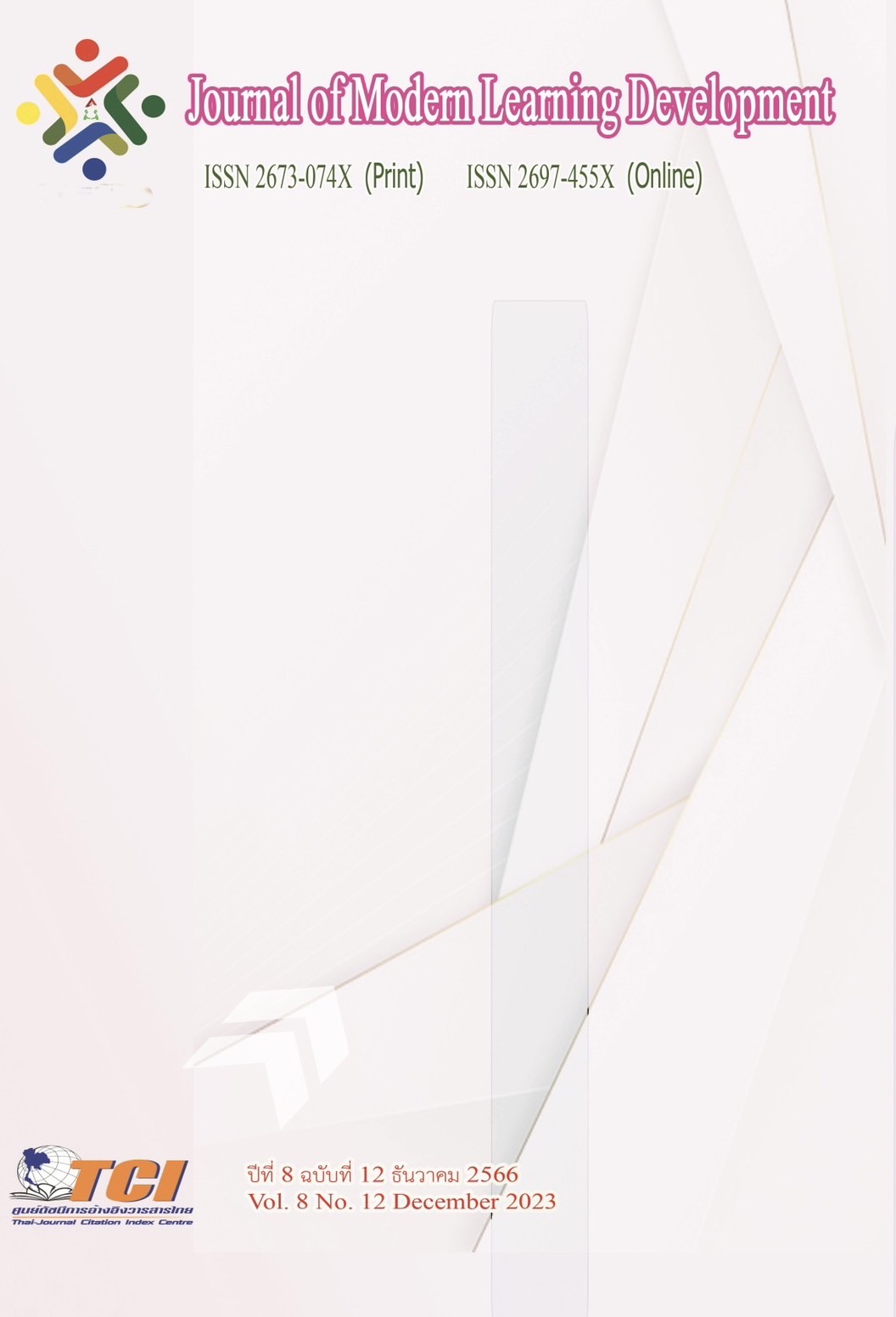Human Organs and Thai Law: Should the Sale of Human Organs Be Permitted
Main Article Content
Abstract
Nowadays, organ transplantation is currently considered to be the best way to save lives of many patients who have abnormal organ function or organ failure. While the acquisition of transplantable organs is restricted by stringent criteria and restrictions, organ shortages have resulted in a shortage of transplantable organs. As the shortage of organs for transplantation has become a major factor in organ trading. Although Thailand is one of the countries against the sale of organs and paying for organ donations. Nevertheless, there is no law that prohibits or defines the sale of organs as an offense. Also, in view of saving human lives, it cannot be denied that legal organ trading may be the only way to save lives of many patients who awaiting organ transplants and it is the only way possibly to address the shortage of organs for transplantation. Therefore, this thesis will study the topic “Human Organ and Thai Law: Should the Sale of Human Organ Be Permitted” by comparing Thai, Philippine, and Iranian laws to make observations for future research and suggest ways to regulate when human organ trading can be done legally by law on the following issues 1. The definition of property and non-commercial property; 2. The capacity of the counterparty to enter a purchase and sale contract; and 3. Objectives of the purchase. The study found that human organs are assets that can be sold if the counterparty has the ability and follows the form of the contract. However, there is still a problem that the purpose of the contract may not be contrary to public order and good morals, which needs to be further studied in the future.
Article Details
References
Abbas Basiri and other. (2020). ). Living or deceased-donor kidney transplant: the role of psychosocioeconomic factors and outcomes associated with each type of transplant. International Journal for Equity in Health. 19(79), 1-11. https://equityhealthj. biomedcentral.com/articles/10.1186/s12939-020-01200-9.
Chinmay Devidas Deshmukh, Akshay Baheti. (2020). Need, process and importance of organ transplantation. Asian Journal of Pharmacy and Pharmacology, 6(2), 126-131. https://www.researchgate.net/publication/341071359_Need_process_and_importance_of_organ_transplantation.
Deshpande, Anand. (2017). The human leukocyte antigen system … simplified. Global Journal of Transfusion Medicine, 2(2), 77-88. https://www.researchgate.net/publication/ 319647129_The_human_leukocyte_antigen_system_simplified.
Jitphinan Sunthornnipathttp. (2020). Major histocompatibility complex class I-related chain A allele mismatching in post-transplant patients with organ rejection. Journal of Hematology and Transfusion Medicine, 30(3), 255-261. https://he01.tci-thaijo.org/index.php/JHematolTransfusMed/article/download /241241/166388/.
Ma. Teresa Montemayor. (2022). Selling of internal organs dangerous, illegal: DOH. https://www.pna.gov.ph/articles/1183589.
Organ Donation Center of Thai Red Cross Society. (2023). Frequently Asked Questions About Organ Donation (In Thai). https://www.organdonate.in.th/knowledge/faq.
Organ Donation Center of The Thai Red Cross Society. (2023). Comparison of Organ donors, organ waiting receivers and Organ transplants recipient (In Thai). https://www. organdonate.in.th/assets/files/odc-news.pdf.
Organ Donation Centre of The Thai Red Cross Society. (2017). Guideline for caring for brain-dead donors and coordinating organ transplants (In Thai). https://www.organdonate. in.th/assets/files/guideline.pdf.
Siripha Khakhai. (2018). CRIMINALIZATION: STUDY ON HUMAN ORGAN TRADE. Graduate Law Journal, 11(4), 950-962. https://so01.tci-thaijo.org/index.php/ gradlawtujournal/article/down load/138536/117566/.
Stöppler, Melissa Conrad. (2021). Medical Definition of Xenograft. https://www.medicinenet. com/xenograft/definition.htm.
Wongkarnpat. (2023). organ donation (In Thai). http://www.wongkarnpat.com/viewpat. php?id=623.


